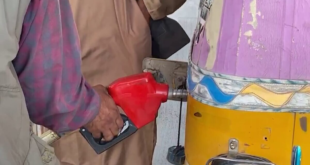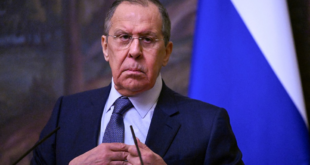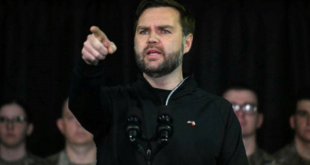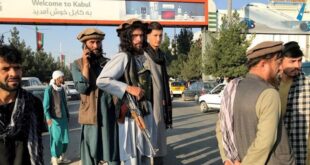WASHINGTON (AFP) – Under pressure from close ally South Korea to help free 21 South Korean hostages being held by the Taliban in Afghanistan, Washington is treading delicately, seeing few viable choices to force an acceptable solution, analysts say.
“I don’t see a lot of really attractive options here,” Stephen Biddle, a senior fellow at the US think tank the Council on Foreign Relations, told AFP.
“Except maybe to do the best we can with diplomacy with the South Koreans to point out just how difficult and potentially self-defeating the superficially popular options like a rescue mission or a buyout would be,” he said.
Twenty-three South Korean missionaries, 16 of the women, were kidnapped on July 19 on a road linking Kabul and Kandahar.
Two have been executed by the Taliban, which has asked for the liberation of 16 female Afghan prisoners held on US military bases in Afghanistan in exchange for the release of the South Korean women.
Despite pressure from Seoul for the United States to take action, US President George W. Bush and visiting Afghan President Hamid Karzai this week vowed not to cut any deal to secure their release.
The two leaders agreed after talks Monday that “the Taliban must release the remaining Koreans immediately,” US national security spokesman Gordon Johndroe said.
“The United States has been working to the extent possible with the Afghan and Korean governments in urging that the hostages be released. There will be no quid pro quo, the Taliban cannot be emboldened by this,” he added.
Meanwhile calls from South Korea have multiplied for the United States to use its leverage to resolve the matter.
US Deputy Secretary of State John Negroponte discussed the matter with South Korea’s top diplomat Song Min-soon on the sidelines of an annual forum of Asian and Southeast Asian countries last Thursday in Manila.
Christopher Hill, the assistant secretary of state for East Asian and Pacific Affairs, has said Washington does not plan on a military intervention as the Taliban fighters have vowed to kill the hostages if such an operation took place.
According to Biddle, “any kind of rescue mission would be extremely difficult … The odds are good that you’d kill a lot of Afghan innocent civilians, the odds are good you’d get the Korean hostages killed and the odds are good that the rescuers could take heavy casualties themselves.”
The difficulty of such an operation would be to first locate the area where the hostages are being held, then find out if their captors are heavily armed and if there is a risk of killing innocent civilians nearby, Biddle said.
According to him, the Taliban “would locate in an area surrounded by civilians so you end up killing a lot of innocents in the course of the rescue.”
Karzai said in an interview broadcast Sunday on CNN that he would do everything to help free the missionaries, short of actions “encouraging hostage-taking and terrorism to have them released.”
Kabul was harshly criticized by Washington for having agreed in March to the release of Italian journalist Daniele Mastrogiacomo in exchange for five Taliban prisoners.
After that, Karzai pledged not to endorse any prisoner exchanges.
And amid repeated hostage takings of foreigners by the Taliban militia, paying a ransom is not a long-term solution, in Biddle’s view.
“It is a pretty shortsighted policy … If you reward hostage taking now, you have not gotten rid of the problem, all you have done is set up another such episode a little down the road,” he said.
 Eurasia Press & News
Eurasia Press & News



